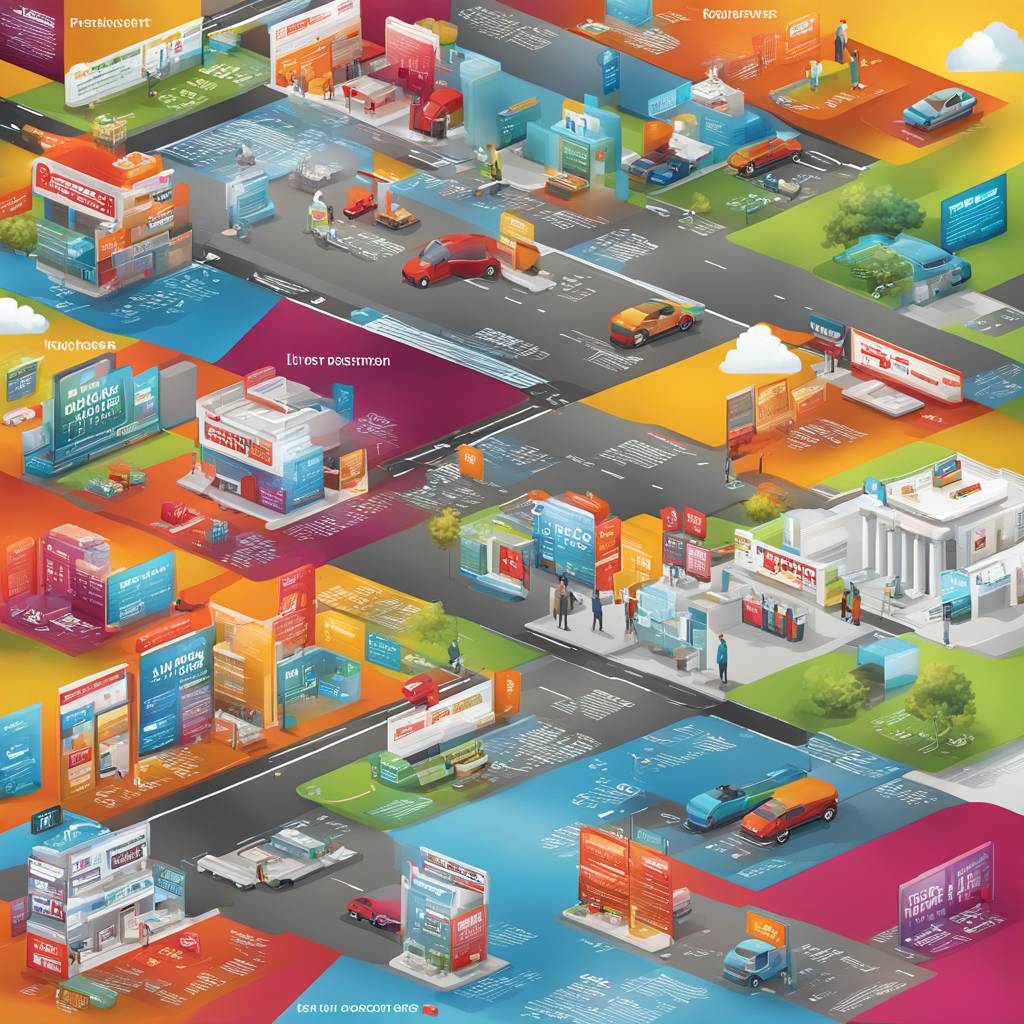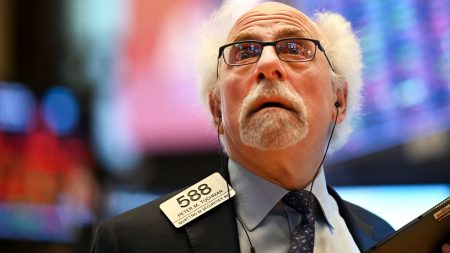Visa and Mastercard have agreed to reduce swipe fees for about five years, potentially saving retailers about $30 billion. This could allow merchants to raise prices based on the type of credit card used, potentially making purchases with higher-fee cards more expensive. As a result, credit card points and rewards programs could be entering a new era, as banks may need to adjust their offerings to entice customers to continue using their premium cards. Walmart has been granted permission to end its credit card partnership with Capital One early due to concerns over customer service. Similarly, Capital One’s planned acquisition of Discover Bank has faced criticism from various groups concerned about the potential impact on consumers.
As food inflation continues to rise, more Americans are turning to “buy now, pay later” apps to help cover the cost of groceries, including those with incomes over $100,000. Starbucks has seen a significant increase in mobile orders, with 31% of transactions at U.S. stores now made via the app. The Consumer Financial Protection Bureau is set to examine credit card rewards programs and buy-now, pay-later companies in response to an increase in consumer complaints. Additionally, New York City has launched a pilot program providing prepaid debit cards to illegal immigrants for essential purchases.
Gift cards remain popular among consumers, with many planning to purchase them for special occasions and holidays. Banks and fintech companies are partnering with technology providers to offer gift cards as a form of loyalty perk, with urban dwellers increasingly using P2P apps for transactions. Klarna is aiming to reduce its reliance on Visa and Mastercard by allowing users in the UK to make payments directly from their bank accounts. Robinhood is also making a major push into credit cards with the launch of a new card offering 3% cash back rewards and a suite of premium benefits.
Overall, the credit card industry is undergoing significant changes, with potential shifts in fees, rewards, and consumer behavior. As companies adapt to new regulations and consumer preferences, the landscape of credit card usage and rewards programs is likely to continue evolving in the coming years.















